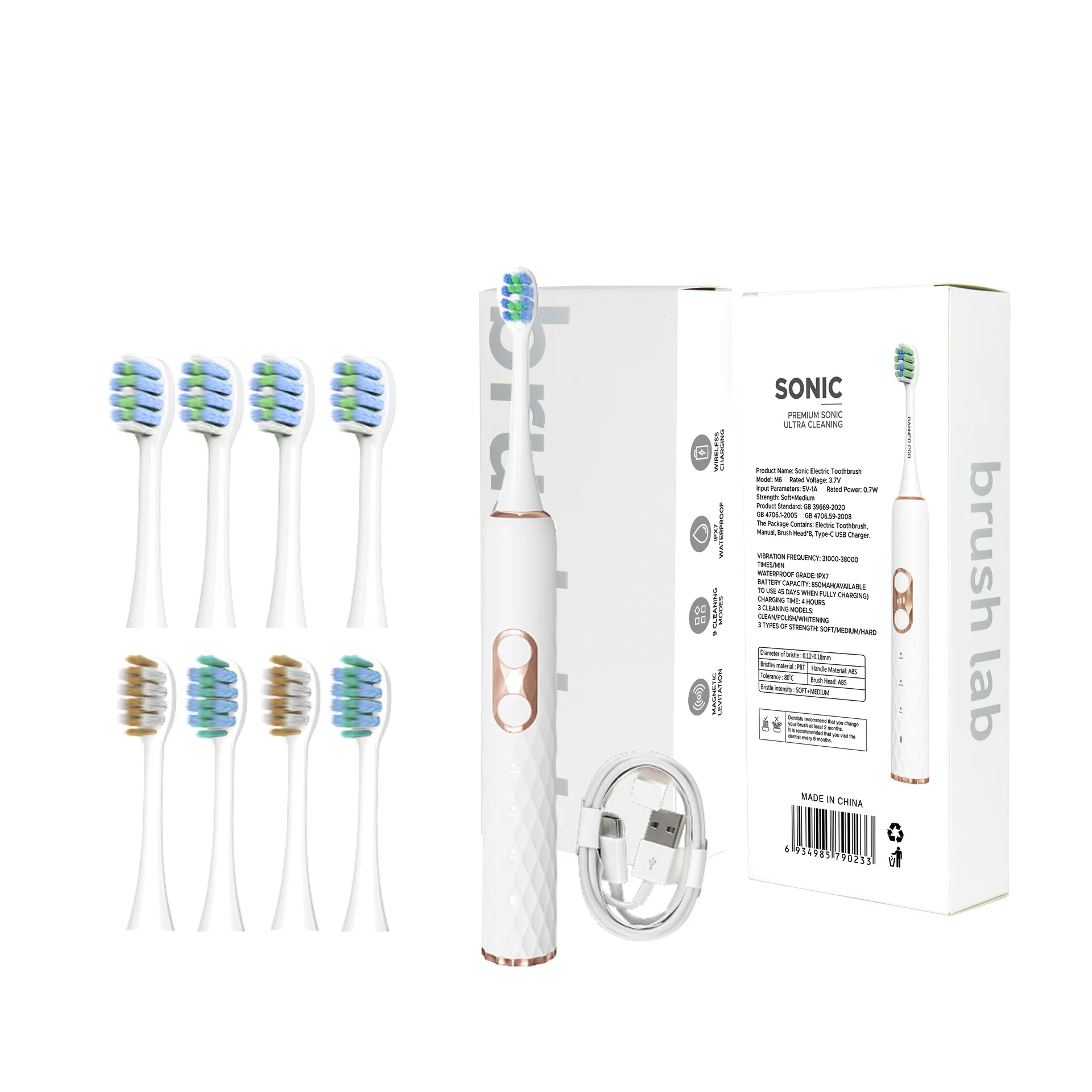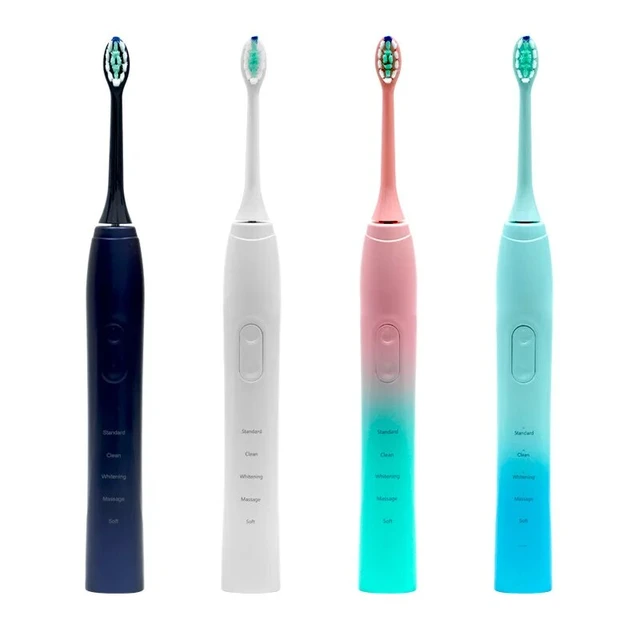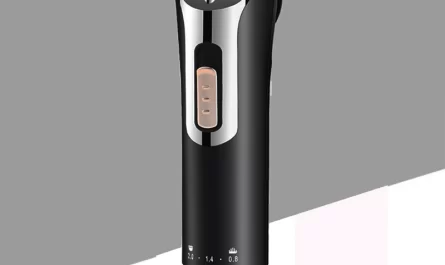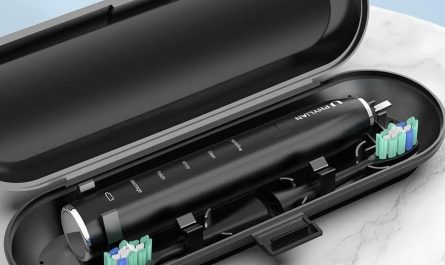When it comes to oral hygiene, the tools you choose can have a significant impact on your dental health. Two common options available today are sonic and electric toothbrushes. While both are designed to enhance your brushing experience, they differ in technology, design, and effectiveness. Understanding difference between sonic and electric toothbrush can help you make an informed decision on which toothbrush may be the best fit for your oral care routine. In this article, we will delve deeper into the characteristics, advantages, disadvantages, and other vital information relating to sonic and electric toothbrushes, ensuring a comprehensive understanding of the difference between sonic and electric toothbrush.
The Technology Behind Sonic and Electric Toothbrushes
Electric Toothbrushes: An Overview
Electric toothbrushes work by using a mechanical motion to clean teeth. Most electric toothbrushes have oscillating bristle movements and are powered by batteries or electricity. This oscillating motion allows for quicker brushing strokes than manual brushing, making it easier to create a more effective cleaning process. Electric toothbrushes usually feature various settings that let the user customize their brushing experience, such as different speeds and modes geared toward sensitive teeth or gum care.
Sonic Toothbrushes: The Advanced Design
Sonic toothbrushes, on the other hand, employ sonic technology, producing high-frequency brush movements that can reach up to 40,000 strokes per minute. The vibrating action not only cleans the surface of the teeth but also generates fluid dynamics that carry the cleaning action to areas that the bristles may not easily reach, such as between teeth and along the gum line. Most sonic toothbrushes also come with pressure sensors, timers, and various customizable modes, enhancing the user experience even further.
Effectiveness in Plaque Removal
Electric Toothbrushes and Plaque Control
Research indicates that electric toothbrushes are generally more effective at plaque removal compared to manual brushes. The speed and consistency with which they can brush are key to this effectiveness. Studies have shown that electric toothbrushes can reduce plaque more effectively than manual brushes, leading to healthier gums and a decreased risk of cavities.
Sonic Toothbrushes: Enhanced Plaque Control
Sonic toothbrushes are often touted as being even more effective than traditional electric toothbrushes, mainly due to their unique design and technology. The sonic vibrations can disrupt plaque biofilm and allow for better fluid dynamics than oscillating brushes, potentially enhancing plaque removal and improving gum health. Many users report a noticeable difference in their oral health after switching to a sonic toothbrush, making them a popular choice.
User Experience: Comfort and Adaptability
Comfort with Electric Toothbrushes
One of the main advantages of electric toothbrushes is the ease of use. They require minimal effort on the part of the user: you simply guide the brush head along your teeth without needing to apply much pressure. Many electric toothbrushes also come with built-in timers that help users brush for the recommended two minutes, ensuring thorough cleaning.
Sonic Toothbrushes and User Preference
User comfort can also be an advantage when it comes to sonic toothbrushes. The vibrations can be less jarring than traditional brushing methods; many users find the experience to be more pleasant. Sonic toothbrushes are generally lightweight and ergonomically designed, lending to a comfortable grip and reducing wrist fatigue, making them a good choice for those with limited dexterity or joint problems.
Maintenance and Durability
Electric Toothbrush Maintenance
Electric toothbrushes generally require less maintenance than their manual counterparts, but like any electronic device, they aren’t without their needs. The brush heads should be replaced every three months, or sooner if the bristles appear frayed. The device itself may require regular charging and should be cleaned periodically to ensure proper function. Most electric toothbrushes are designed to last several years, making them a durable option if properly cared for.
Sonic Toothbrush Lifespan and Care
Sonic toothbrushes also require regular brush head replacements, and the same general maintenance principles apply. However, they often feature advanced materials designed to withstand wear and tear better. Their technology allows for exceptionally long battery life; some models can last weeks on a single charge. Like electric toothbrushes, periodic cleaning and charging are necessary to ensure prolonged use.
Cost Considerations: Price Differences
Pricing of Electric Toothbrushes
Electric toothbrushes come in various price ranges, from budget-friendly options to more advanced models that may cost well over $100. Generally, the initial purchase price may appear more significant than that of a manual toothbrush, but considering their longevity and effectiveness, they offer good value over time.
Sonic Toothbrush Investment
Sonic toothbrushes typically fall into a similar pricing range, though high-end models can be pricier than standard electric brushes. The advanced technology and innovative features often justify the higher initial cost. When considering a sonic toothbrush, it’s essential to weigh the potential long-term benefits in oral health against the upfront investment.
User Recommendations and Preferences
Feedback on Electric Toothbrushes
Many users favor electric toothbrushes for their convenience and effectiveness. They are particularly popular among individuals who struggle with manual brushing due to wrist or hand issues. Users often appreciate the built-in timers, which help ensure they are brushing for enough time.
Preference for Sonic Toothbrushes
Sonic toothbrushes tend to have a loyal following of users who advocate for their superior cleaning abilities and overall effectiveness. Individuals specifically focusing on gum health may prefer sonic technology due to the enhanced fluid dynamics. Additionally, people who prioritize a gentle yet effective brushing experience may find sonic models more appealing, as the vibrations can create a pleasant brushing sensation.
Specific Health Benefits
Oral Health and Electric Toothbrushes
Electric toothbrushes have shown to be beneficial for those who are prone to gum disease. By effectively reducing plaque and improving oral hygiene habits, users may find themselves visiting the dentist less frequently for cleanings and treatments. Many electric toothbrush models also feature modes designed for sensitive gums, further bolstering their appeal among those facing dental issues.
Sonic Toothbrushes for Special Needs
Sonic toothbrushes are not just for everyday use; they can be particularly useful for individuals with specific needs. Those who wear braces or other orthodontic appliances may benefit from the unique cleaning action that sonic brushes provide. Additionally, their gentle yet effective cleaning process can help mitigate discomfort associated with sensitive teeth or gums, making them an excellent option for more vulnerable users.
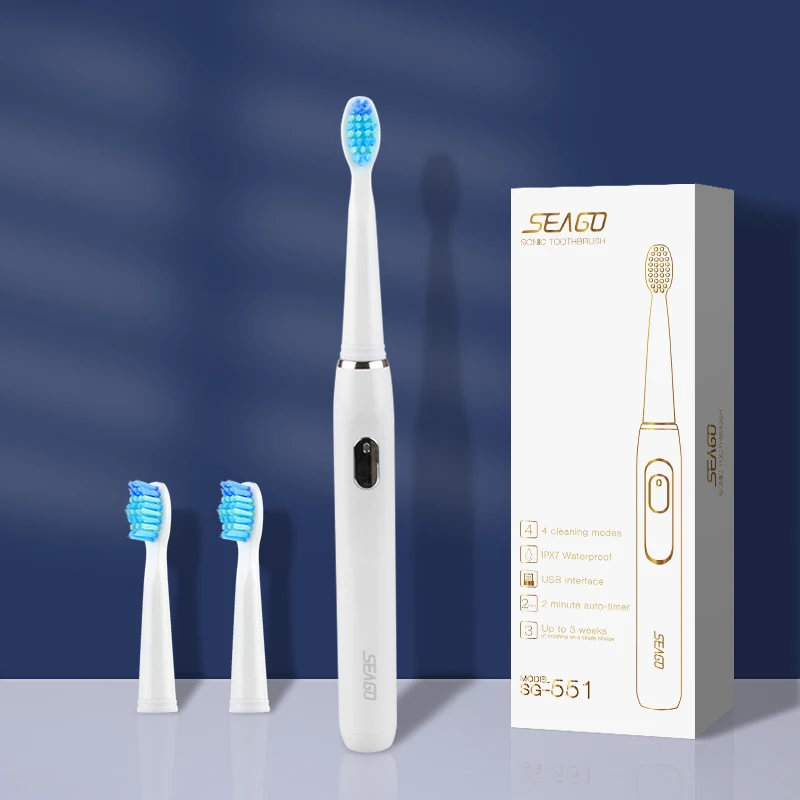 Environmental Considerations
Environmental Considerations
Sustainability in Electric Toothbrushes
Electric toothbrushes often use plastic components, and while many products are designed to last, the environmental impact of disposing of batteries or old brush heads can be a downside. However, some brands are moving towards more sustainable practices, such as offering recyclable brush heads or using eco-friendly materials in their designs.
Eco-Friendly Sonic Toothbrush Options
Sonic toothbrushes also face the same sustainability challenges. However, a growing number of companies are focusing on environmentally friendly designs, such as biodegradable toothbrush heads. The long lifespan of sonic toothbrushes can also contribute positively to a reduced ecological footprint, as they may need replacement less often than less durable options.
Conclusion:
Difference between sonic and electric toothbrush
In conclusion, the difference between sonic and electric toothbrush extends beyond just their functionality. Their respective technologies, plaque removal efficiency, user experiences, maintenance needs, and overall costs all play significant roles in deciding which option might be best for you. While electric toothbrushes are recognized for their convenience and effectiveness, sonic toothbrushes often stand out due to their advanced cleaning capabilities and comforting brushing experience. As such, understanding these nuances can serve as a guide for anyone looking to enhance their oral health regimen. With proper care and knowledge, choosing the right toothbrush can significantly impact your dental health and overall well-being.

